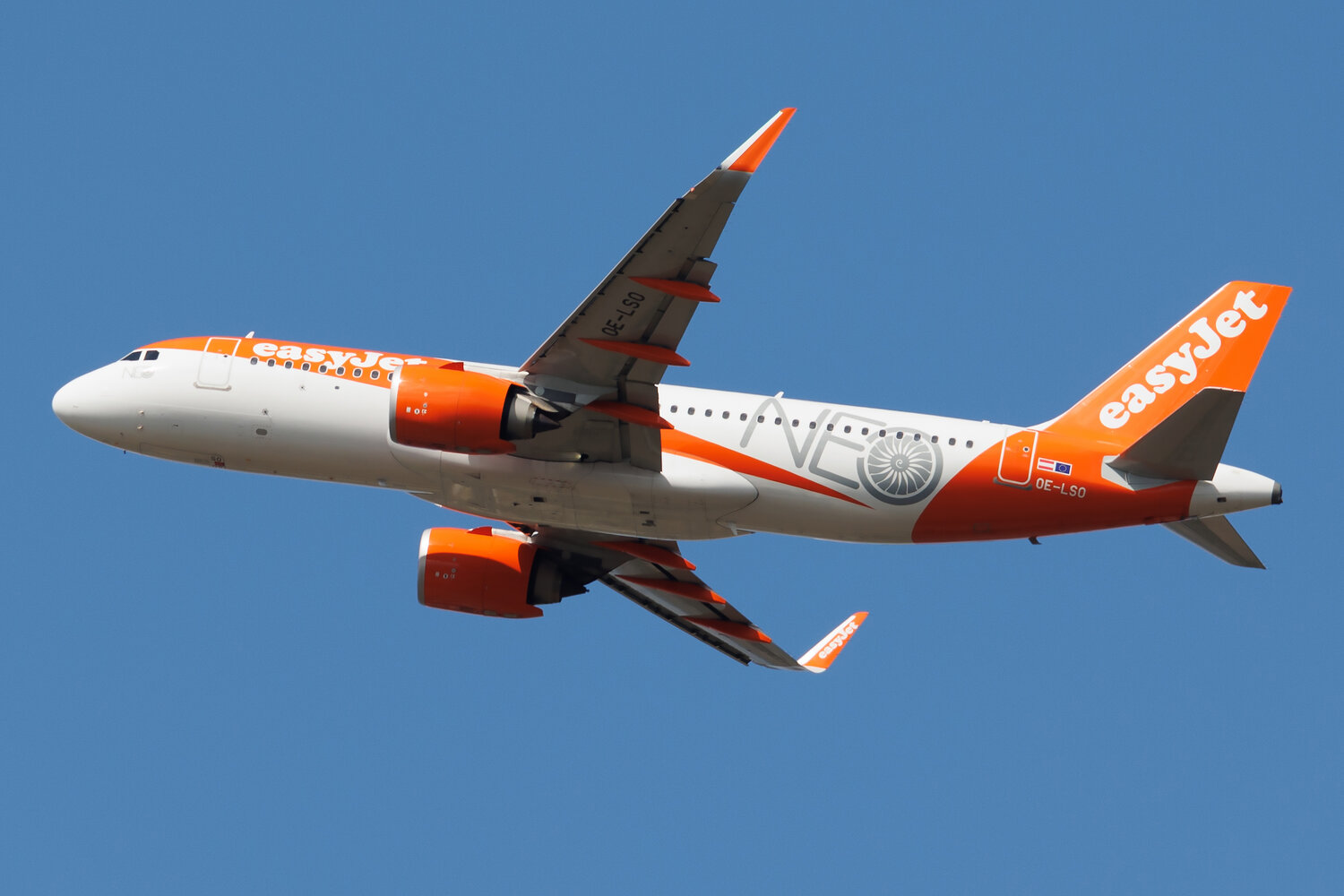easyJet has become the first airline partner of the European Space Agency (ESA)’s Iris programme, which is using the latest generation of satellite technology to help modernise air traffic management.
The aim of the ESA-led initiative is to optimise flight paths via satellite technology. ESSP, the Iris service provider, has involved 15 air navigation service providers in support of the first commercial flights taking place across Europe this year.
Through its involvement in the programme, easyJet said it will be able to efficiently operate its aircraft to achieve fuel burn improvements and emissions reductions. Up to 11 easyJet Airbus 320neos will take part.
The system, developed in partnership with communications company Viasat, digitally connects pilots with air traffic controllers via satellites.
Hugh McConnellogue, director of operations and navigation at easyJet, said: “More efficient use of airspace is a critical way we can tackle the industry’s emissions right now.
“Adopting Iris technology on these aircraft will enable easyJet to fly more directly and efficiently, thereby reducing carbon emissions as well as enhancing our on time performance – which in turn improves our customers’ experiences.
“We’re thrilled to be paving the way in this area whilst working towards our goal to achieve our net zero [carbon emission] ambitions by 2050.”
Iris represents an important technology evolution, delivering faster and more reliable satellite communications between the aircraft and the ground, the airline added.
This will help air traffic controllers and pilots to achieve further operational efficiencies by calculating the shortest available routes, cruising at optimum altitudes and using continuous climb and descent paths.
Javier Benedicto, acting director of connectivity and secure communications at ESA, said: “These first Iris commercial flights put Europe firmly at the forefront of the digitalisation and modernisation of air traffic management.
“Iris enables tangible benefits to the commercial aviation community and society at large, including reduced emissions of carbon dioxide and fewer delays for passengers through more efficient flight paths.”
Image credit: John Ballantyne



